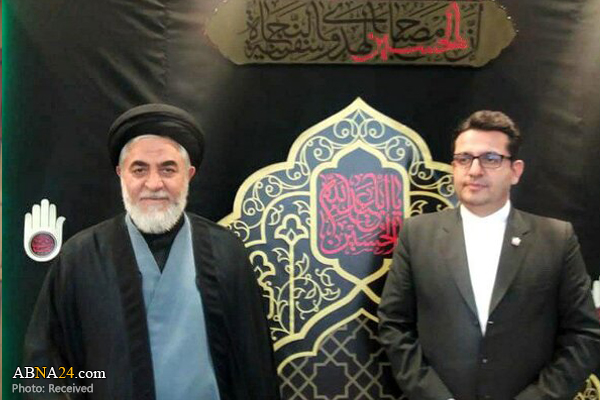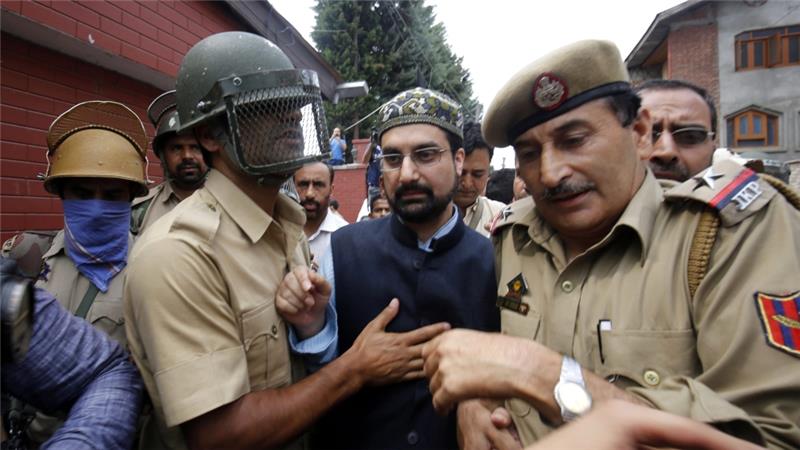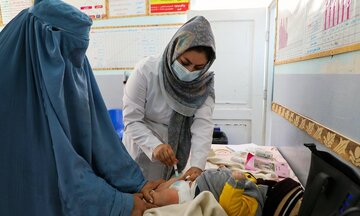به گزارش خبرگزاری اهلبیت(ع) ـ ابنا ـ «سید عباس موسوی» سفیر جمهوری اسلامی ایران در جمهوری آذربایجان با حجت الاسلام و المسلمین «سید علی اکبر اجاق نژاد» نماینده محترم ولی فقیه در جمهوری آذربایجان دیدار و گفتگو کرد.
نماینده ولی فقیه در این دیدار ضمن خوشامدگویی به سید عباس موسوی سفیر جدید جمهوری اسلامی ایران، برای ایشان در ماموریت خود در توسعه و تعمیق روابط دیرینه و دوستانه دو کشور در تمامی زمینه ها آرزوی موفقیت کرد.
………………….
پایان پیام/ ۲۱۸







